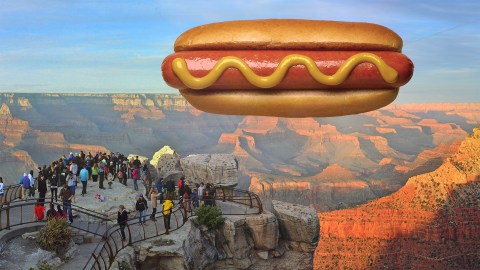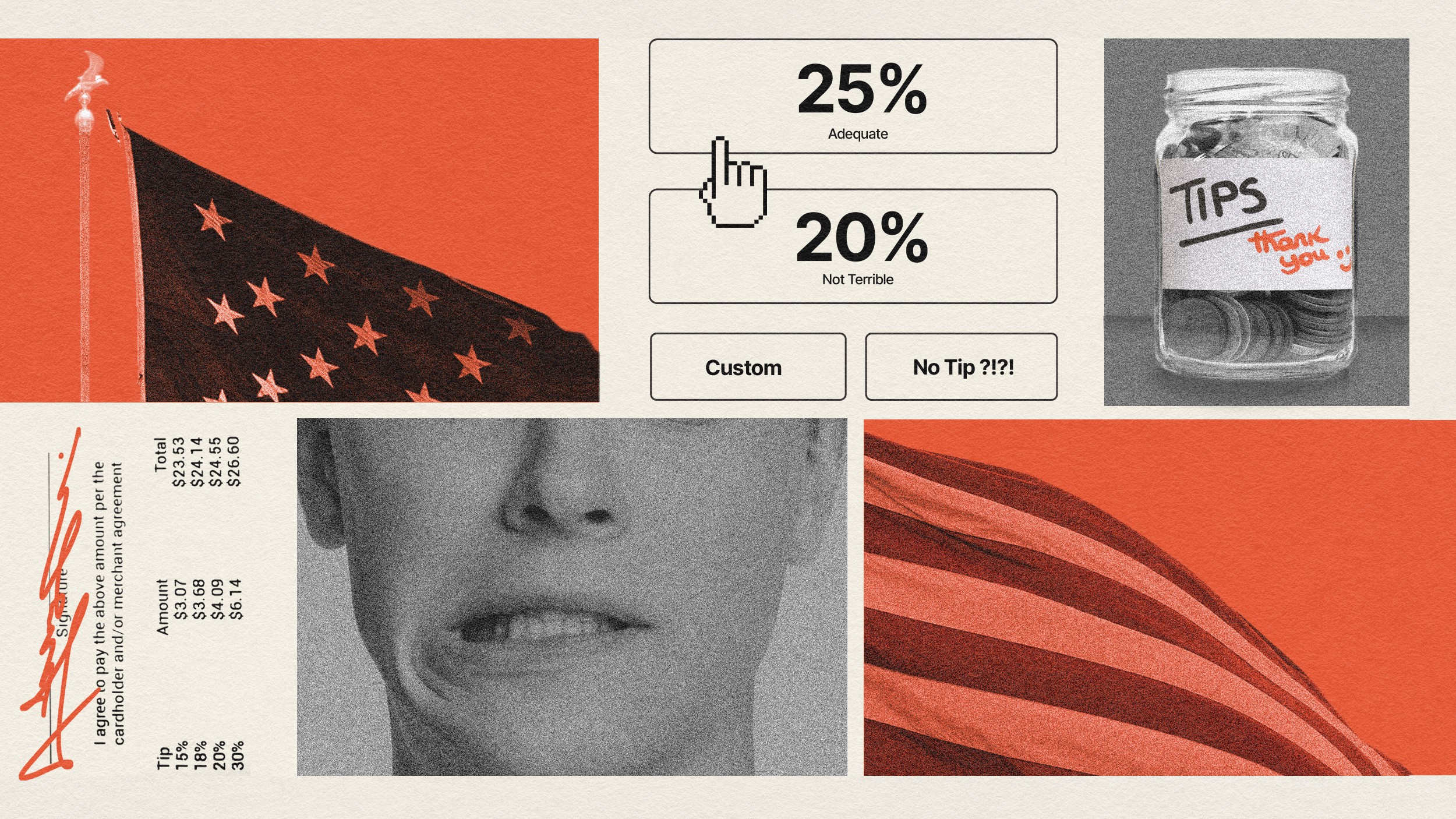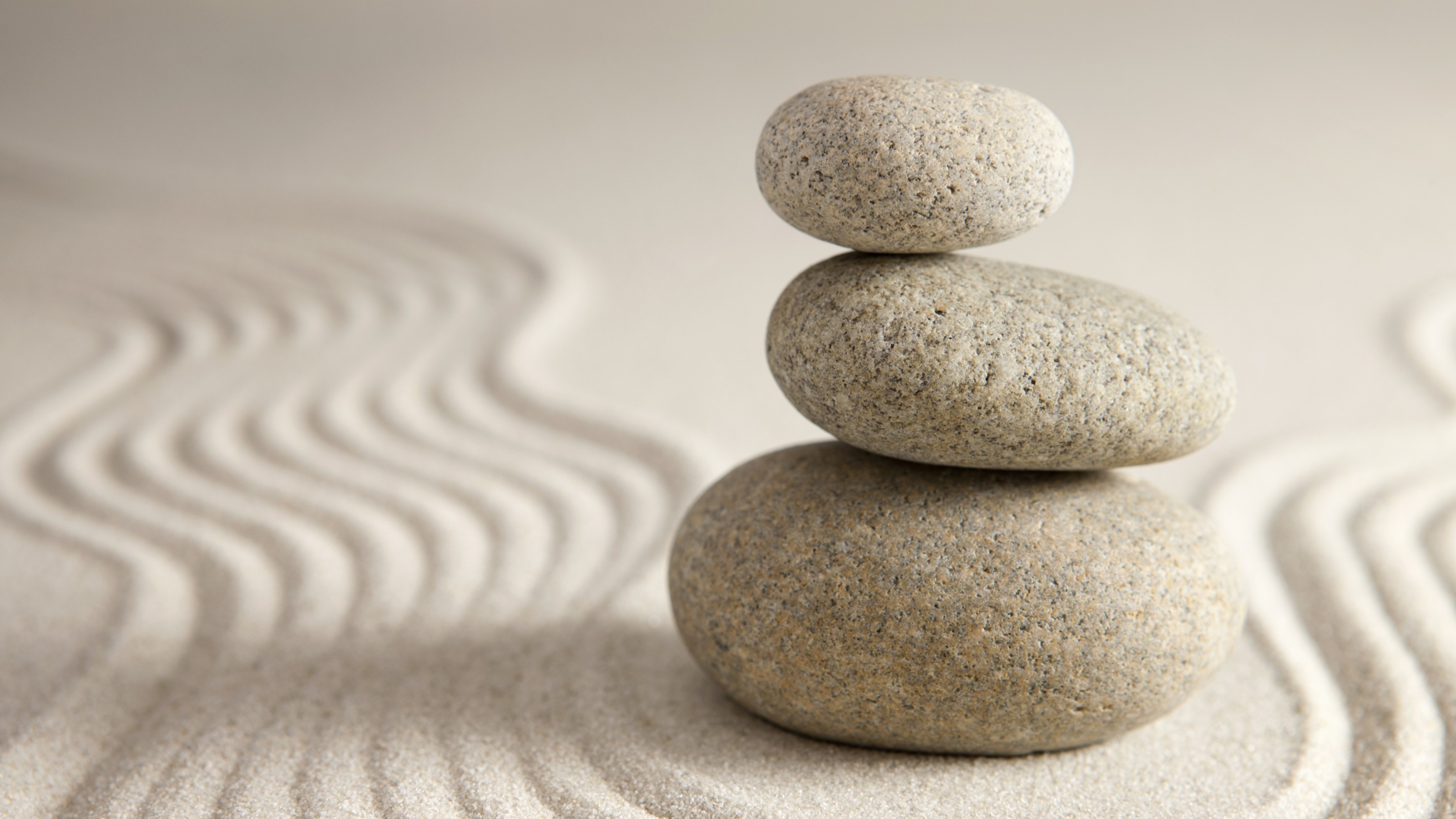A Unified Theory of Awesomeness

There a word that most people use every day without quite knowing what it means, “Awesome”. While the word technically relates to the ability to inspire awe, most of us use it in a far more casual manner. We call great things “awesome”, we desire to see and do awesome things, and we enjoy awesome people. But, what does it really mean when we use it?
In his book, On Being Awesome,Dr. Nick Riggle discusses the use of the word “awesome” and its antonym, “sucks”. While he notes that we may tend to overuse both words as common expressions of “good” and “bad”, he does suggest more practical meanings of both. Finding that these words are intimately connected to “being down, game, chill, wack, a blowhard, braggart, killjoy, and others” which he then gives a systemic study of, providing what might be the most entertaining study of linguistics taxonomy in philosophy.
Having channeled Socrates and observed exactly how people use the word then going a step further, he has a definition that he offers us. To him, being awesome is “being good at creating “social openings”—moments of mutual appreciation between people when they break out of their norms and routines by expressing their individuality in a way that gets others to express theirs. Someone sucks when they reject a social opening for no good reason.”
Social openings are those little moments where we can creatively surpass our social norms. A person is awesome when they create new opportunities for us to express ourselves. A person sucks when they shut down such opportunities.
In his book, Dr. Riggle gives the example of a fan dancing to Bon Jovi at a basketball game. In the video, members of the audience (with one, sucky, exception) are inspired to dance along, giving them all a moment to escape the norms of a musical break and express themselves. While we can’t all hope to do this every day, it is an example of somebody breaking our expectations in a way that inspires us to also express ourselves. We do have the ability to do that all the time.
His notion of “awesomeness” is similar to Sartre’s examples of “radical freedom” and “authenticity”. While Sartre condemns the waiter who is acting as they think a waiter should, as opposed to how they could choose to act, Dr. Riggle reminds us that we are in the same situation when we act in any typical situation. He explains this by comparing two possible interactions with a barista. One where we simply follow a script, and one where we are awesome:
Employee: Hi, what can I get for you today?
You: I would like a large coffee, please.
Employee: All right, that’ll be two dollars, please.
You: Here you go.
Employee: Here you go. Have a nice day!
You: Thanks. You too.
As Dr. Riggle explains, this is the simple everyday response. It is an important one, because society does work well when we all play a part from time to time. But it isn’t “awesome”. Here is the same thing with added awesomeness.
Employee: Hi, what can I get for you today?
You: I would like a large coffee, please.
Employee: All right, that’ll be two dollars, please.
You: Small price to become human again. Here you go.
Employee: . . .
By shaking up the standard pattern of interaction, you now force the barista to express their own individuality. The employee must now go off script as well to respond. While this is the key to “awesomeness” Dr. Riggle warns that not all such actions are useful or appropriate. If your idea of going off script is to be purposefully rude, for example, you aren’t being awesome.
So, how can I be more awesome without confusing baristas and dancing to Bon Jovi?
For those who want to be a little more awesome, he does offer some advice. “One way to create awesomeness is to break out of the role and express yourself to them in a way that gives them an opportunity to express themselves. Crack a joke, compliment them or the drink they made, ask a kind question, or simply sincerely thank them. Of course, there are many ways we can fail at this! But when was the last time you gave someone a gift just because, had a nice chat with a stranger, or went out of your way to cook a special meal? We are awesome when we break out of our norms and routines to create these opportunities for shared expression and appreciation.”
While we all desire to be more awesome, exactly how to do it is a big question. While we can’t all aspire to the peaks of awesomeness, we can hope to make our lives a little more awesome. By giving ourselves, and those around us, more opportunities to truly act as individuals and not just go along with expectations we can make the world more awesome. And after all, isn’t that what really matters?





